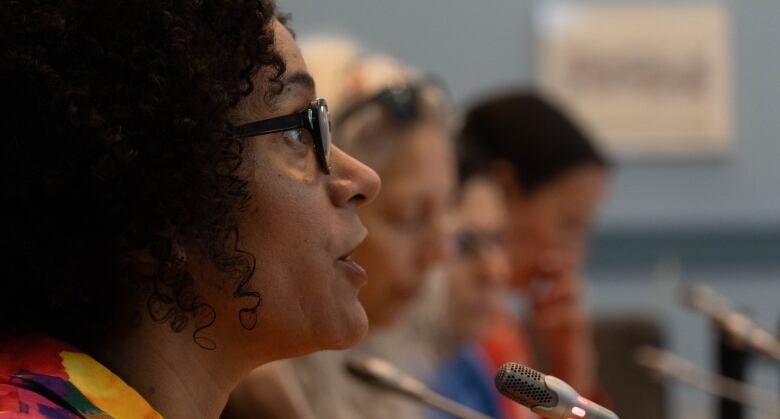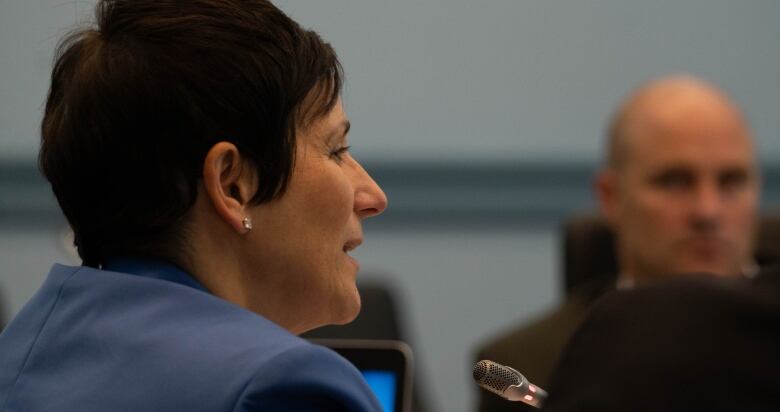Mental crisis phone line cannot wait, Ottawa councillor says
New system would see mental health experts respond to calls

UPDATE| Ottawa city councillors approved the plan at a meeting on July 12, including an amendment to have the chair or vice-chair of the community services committee attend meetings of the Ottawa Guiding Council for Mental Health and Addictions as a non-voting member.
City staff and community partners got a resounding vote of confidence on their plan to roll out an alternative to 911 for calls about mental health issues, but some worry that a year is too long to wait for the new service.
The program similar to one rolled out in parts of Torontowill create a new phone number for people in crisis, complete with a triaging and dispatch system.
Staff hope it will ensure the Ottawa Police Service handles fewer of the calls andwill improve follow-up by providing ongoing support and help peoplebefore theirissuesescalate.
"This is incredibly important. This is a systemic change," said Orlans West-Innes Coun. Laura Dudas, chair of the community services committee.
"What we will see is it won't be police that always arrive first on scene. It's going to be professionals [with] mental care expertise."
- City looking at non-police response to mental health calls
- Toronto to launch crisis response pilot projects without police
Councillorsalso heard from representatives ofcommunity groups that will help create and facilitate the programming.
"If you think of mental health and wellness as a cliff and people falling off it, we are only treating the people at the bottom," saidMichelle James, a co-ordinator with theOttawa Black Mental Health Coalition.
"What we're talking about is not just creating a safety net to catch people when they're falling. We're talking about building a wall at the top of the cliff to prevent people from going over it."

Needed 'desperately'
Somerset Coun. Ariel Trostersaid the mental health crisisis the number one issue for people in her ward.
"These are compassionate residentssome of whom have lived in Centretown for 20, 30 yearswho are saying 'I'venever seen it this bad,'" she said.
"People feel powerless, because they don't know how to help."
She pointed to issues like overdoses and tainted drugs, where residents may be hesitant to call police officersbut eager to help their neighbours.
ButTroster also cautioned staff that residents who are left waiting may lose patience.
"I'm also getting a lot of demands for more policing, for another police station on Somerset Street, for more carceral solutions to what we know is a mental health and addiction and homelessness crisis that needs to be addressed at the source," she said.
Clara Freire, the city's interim general manager of community and social services, said the city is committed to rolling out the prototype service by the beginning of July 2024. But she agreed to update councillors on potential options to accelerate the program via a memo this September.
"I would caution, though, that we don't want to rush," she said.
"We also want to ensure that our partners in public health, Ontario health, Solicitor Generaldo come to the table with financial solutions [so]that we can then expand it."

Freire said getting persuasive data will require ensuringthe city has the right approach and resources.
Sheemphasized that staff must also ensureclinical services are available to people who may be referred through the program.
"We must rely on other organizations that are funded by other levels of government," she said. "We know there's a crisis."












_(720p).jpg)


 OFFICIAL HD MUSIC VIDEO.jpg)
.jpg)



























































































